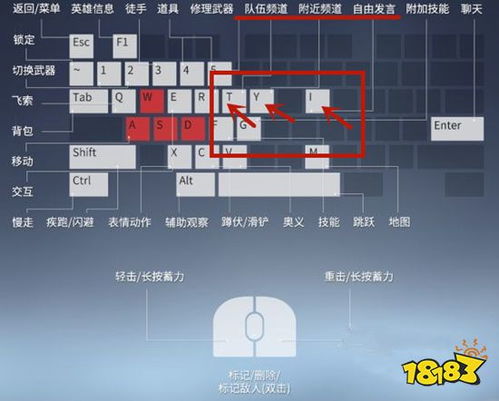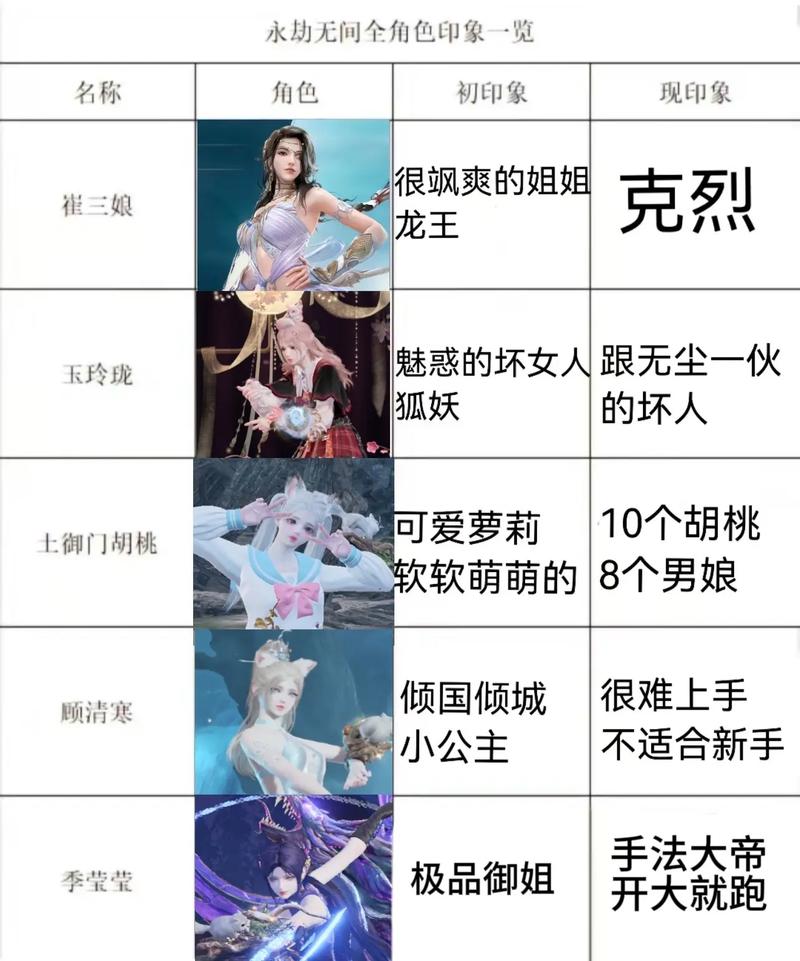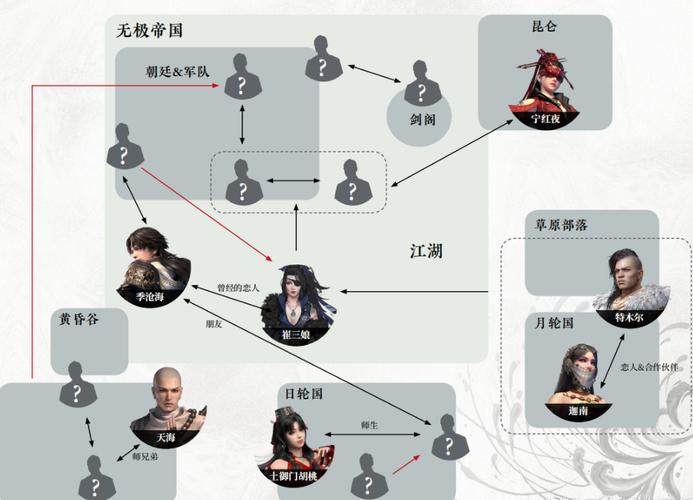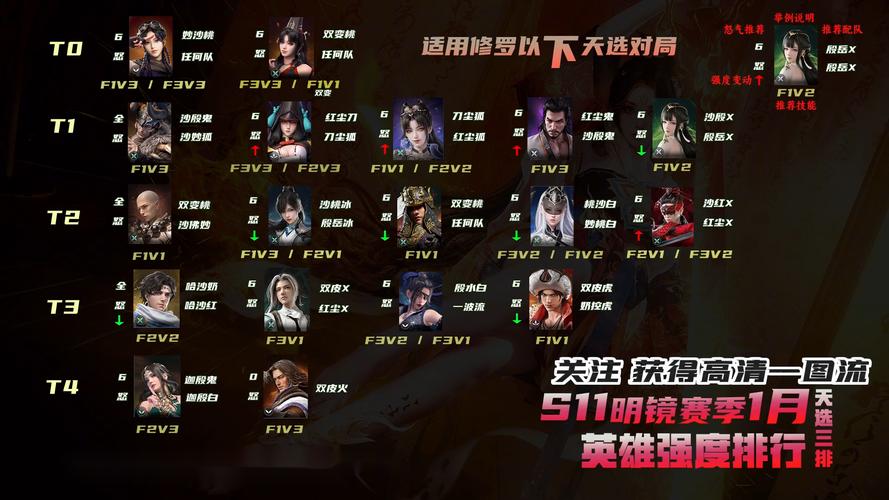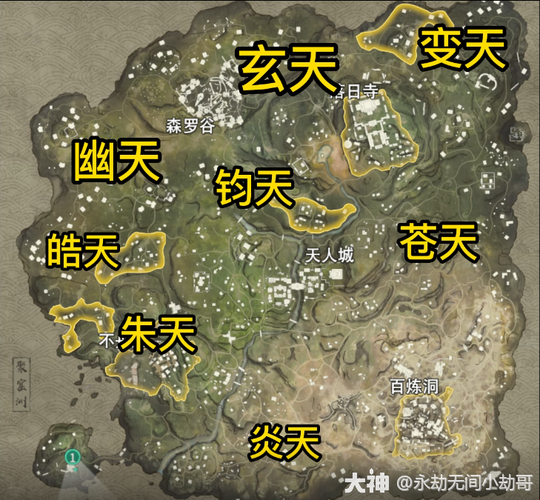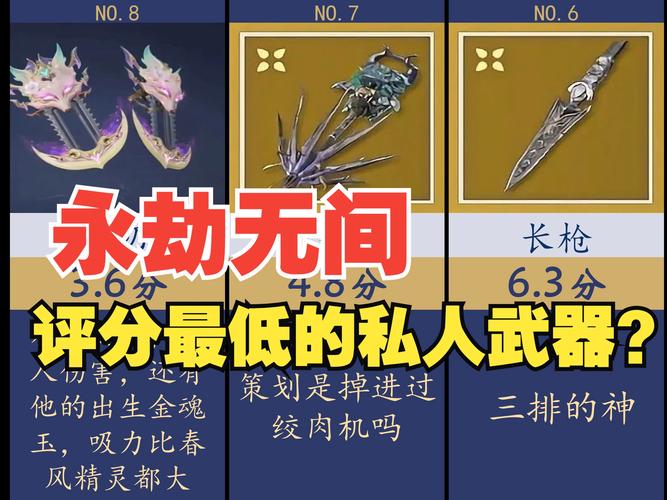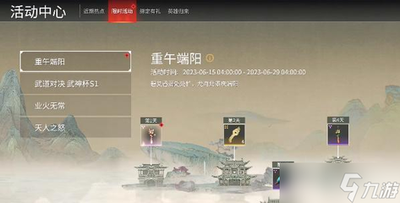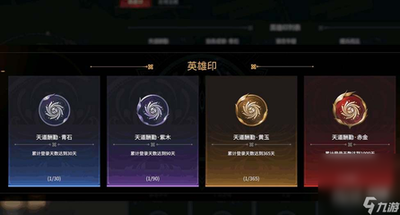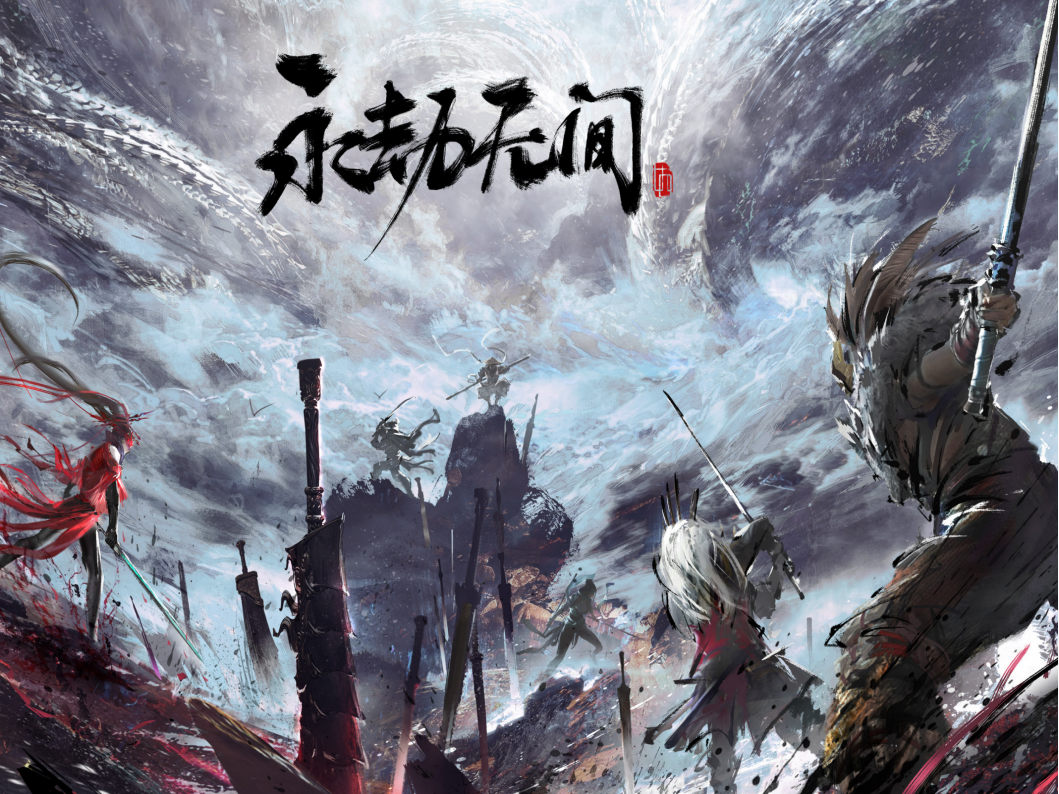永劫无间互助是什么意思 永劫无间简称是啥
永劫无间互助是什么意思

"i永劫无间" is a fascinating concept in Buddhism and Taoism. It can be translated to "Indivisible, Unbroken, or Eternal". In this context, "永劫" (yǒng jié) means eternity or endlessness, while "无间" (wú jiàn) implies a state of being uninterrupted or unobstructed.
In the context of spiritual cultivation, "i永劫无间" refers to the idea that the practitioner's mind and body are completely integrated and undivided. It is as if their innermost self has transcended any duality or separation between different aspects of their being, becoming a unified, unbroken, and eternal whole.

In this sense, "i永劫无间" represents the ultimate goal of many spiritual practices: to attain a state of being where one is no longer bound by the constraints of time, space, or causality. It is a state of timeless, spaceless, and causeless existence, where all distinctions between subject and object, self and others, or even life and death become irrelevant.
In Taoist thought, "i永劫无间" is often associated with the concept of "wu wei" (), or effortless action. When one's being has become indistinguishable from the universe, their actions are no longer motivated by personal desires or ego-driven willfulness. Instead, they flow effortlessly and spontaneously, like a stream merging seamlessly into the ocean.

In Buddhist philosophy, "i永劫无间" is sometimes seen as the culmination of the practice of mindfulness ( mindfulness) and the dissolution of the concept of self. It represents the attainment of Buddhahood, where an individual's consciousness has transcended all dualities and limitations, becoming one with the ultimate reality.
In summary, "i永劫无间" is a profound concept that embodies the ultimate goal of many spiritual practices: to transcend time, space, and causality, achieving a state of being where the practitioner's mind, body, and actions are completely integrated, unbroken, and eternal.
永劫无间简称是啥
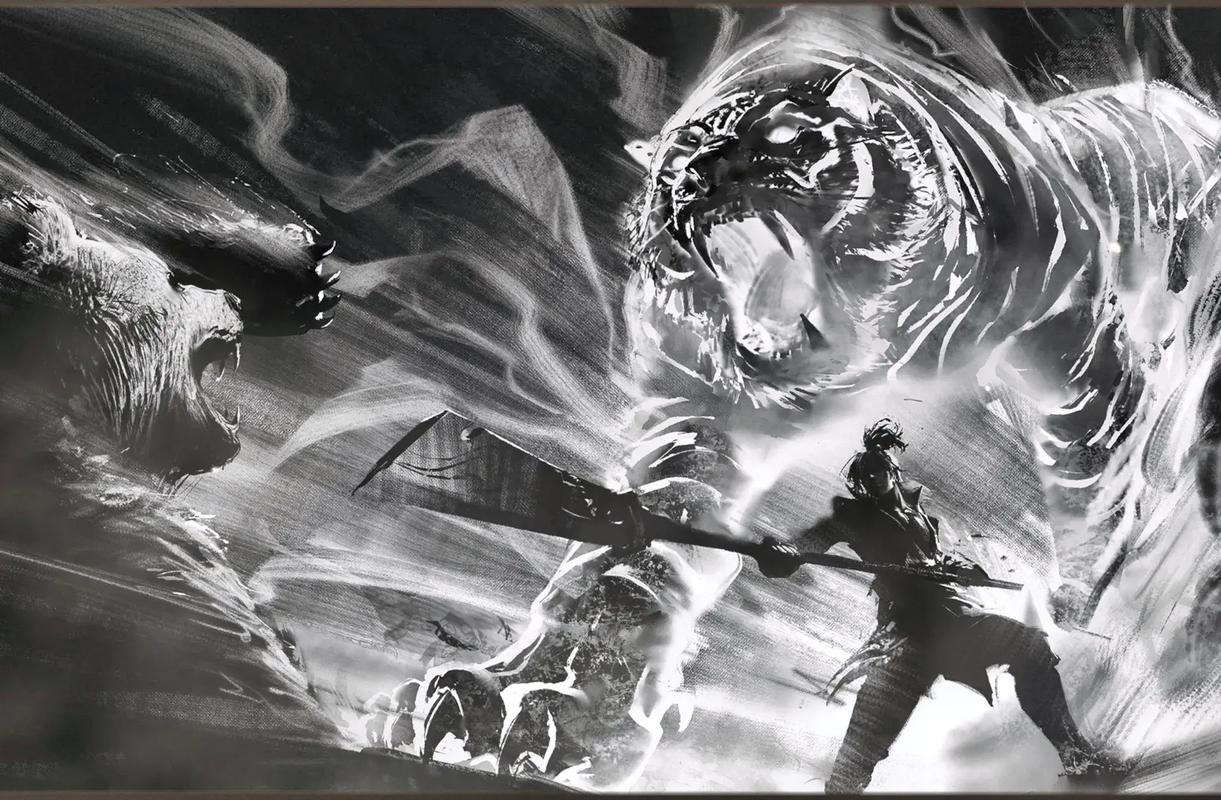
"永劫无间" (Wìnguò Wújiàn) is a term in Buddhist philosophy that refers to the concept of eternal and uninterrupted suffering or pain. It is also translated as "indefinite torment" or "unceasing suffering."
In Buddhist scriptures, particularly in the Mahayana tradition, it is described as a state where beings are trapped in an endless cycle of suffering and rebirth, without any hope of escape or relief. This concept is often contrasted with the idea of "极乐世界" (Jìnguò Shìjiè), which represents a realm of perfect peace and happiness.
The term "永劫无间" is usually attributed to the Indian Buddhist master Nagarjuna, who argued that suffering arises from ignorance and craving. He believed that as long as beings remain attached to their desires and aversions, they will continue to perpetuate the cycle of suffering and rebirth.
In Tibetan Buddhism, the concept of "永劫无间" is often depicted as a hellish realm where beings are punished for their negative actions. According to Buddhist teachings, the only way to escape this eternal torment is through the attainment of enlightenment, which requires the development of wisdom, compassion, and renunciation.
In summary, "永劫无间" refers to an unending cycle of suffering and rebirth, which arises from ignorance and craving. It is often contrasted with the idea of "极乐世界", where beings can find peace and happiness through the attainment of enlightenment.


